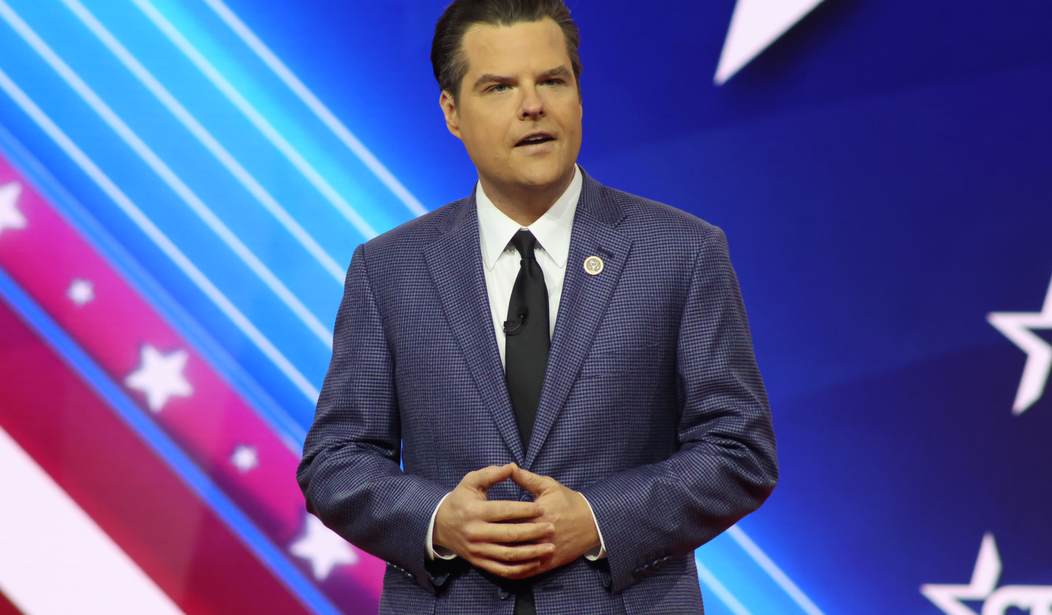Don’t you hate it when people say I told you so? I do, too. However, not on this site but in numerous communications with policymakers and clients, I told them so.
One of my areas of research and analysis involves cannabis issues at the legislative and regulatory level, with special emphasis and attention on California, where my clients and strategic partners are most active and invested.
I recently shared information about the status of the Safe Banking Act, which has been on the minds of key members of the Senate Banking Committee. The issue was advanced in June via two related bills that were marked up in the committee. I also brought to their attention this lede:
The head of the U.S. Department of Health and Human Services (HHS) is aiming to present President Joe Biden with a federal cannabis scheduling decision “this year” as agencies work “as quickly as we can” to complete an administrative review
So that was obviously very promising news at the time, with respect to the future treatment of cannabis as a controlled substance. For whatever reason, this news escaped the attention of many analysts and observers of the cannabis industry.
One exception is Aaron Edelheit. Aaron does great work on behalf of the industry, as both an astute analyst and savvy investor. Aaron recently hosted, as part of his tireless advocacy, distinguished experts on the issue of cannabis with an emphasis on scheduling versus rescheduling.
You can view their conversation here:
Well, suffice it to say, I am pretty blown away to be able to share another recent article (HHS Call To Reschedule Marijuana Is A Big Deal: Here’s Why), which appeared a few days ago in Forbes Magazine.
The author of the Forbes article is exactly right: This is a big deal. And the financial ramifications of this news should not be understated nor underappreciated.
If you follow the issue of cannabis legalization, you’ll be interested in what has transpired at the federal level in the past week, particularly at the Department of Health and Human Services (HHS).
HHS recommending that cannabis be moved from Schedule I of the Controlled Substance Act to Schedule III is a truly historic announcement by the agency, and it couldn’t come sooner as far as Florida Congressman Matt Gaetz is concerned. You can watch Gaetz ask questions of the Director of the Drug Enforcement Administration (DEA) here:
🚨 @HHSgov has made a historic recommendation to move marijuana to Schedule III under federal law!
— Rep. Matt Gaetz (@RepMattGaetz) August 30, 2023
Last month, I pressed DEA Administrator Anne Milgram on the Biden Administration’s timeline on rescheduling marijuana from Schedule I to Schedule III👇 https://t.co/TttczZjYeW pic.twitter.com/RT6SwyOWS3
Mr. Gaetz gets it. There is a very real human element of keeping cannabis a Schedule I drug along with LSD and heroin. In fact, it’s nothing short of outrageous.
It's important to understand that moving cannabis to Schedule III means it would remain federally prohibited, but rescheduling it would benefit researchers by reducing barriers to access for studies. And that has huge implications for our nation’s fentanyl crisis.
Rep. Gaetz is exactly right on this issue. Recognizing that cannabis has been misclassified as a dangerous substance for abuse is wrong and way past due. This new HHS recommendation will have a major impact on the cannabis industry and makes it almost a certainty that cannabis will be rescheduled in the near future, possibly by the summer of 2024.
One immediate financial impact of rescheduling cannabis from Schedule I to Schedule III would be the elimination of the 280e provision of the IRS tax code, which treats state-licensed cannabis businesses the same as drug traffickers and prevents these businesses from claiming standard business deductions.
The elimination of 280e would significantly increase the after-tax income and profitability of cannabis businesses, which are currently facing significant financial challenges. This single reform of the existing tax scheme perpetrated against cannabis businesses is a game changer.
Additionally, the elimination of 280e will, in my estimation, attract new sources of working capital and lending to the cannabis industry, as it signals a lower risk and provides desperately needed cash flow relief.
In conclusion, rescheduling cannabis could also potentially lead to higher volume exchanges, such as the Toronto Stock Exchange accepting U.S.-based cannabis companies, which could benefit publicly traded cannabis companies and their shareholders; it would be a sea change and open doors wide to interstate commerce, not to mention ending the outrageously destructive treatment the cannabis industry receives from the IRS.














Join the conversation as a VIP Member